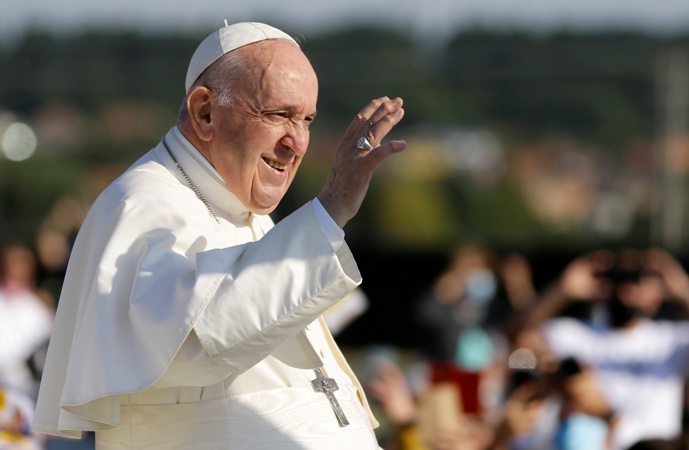Rights body urges leaders to address impunity in S. Sudan, DRC
January 31, 2023 (NAIROBI) – Pope Francis should publicly call on leaders in South Sudan and the Democratic Republic of Congo (DRC) to take steps needed to end impunity and crimes in their countries, a rights group said.
Amnesty International made the call as the Pope began a six-day visit to the Democratic Republic of Congo (DRC) and South Sudan on Tuesday.
The Pope is presently in the DRC and will be in South Sudan from February 3-5.
“During his trip to the Democratic Republic of Congo and South Sudan, Pope Francis should publicly call on the countries’ leaders to take concrete steps to end impunity for crimes under international law. Improving the human rights situation in each country will not be possible without criminal accountability for atrocities committed amid the armed conflicts,” said Tigere Chagutah, Amnesty International’s Regional Director for East and Southern Africa.
“While the DRC authorities initiated a “transitional justice” process, their efforts to actually achieve accountability and justice have proved half-hearted and hesitant. Meanwhile, South Sudanese authorities have failed to prosecute perpetrators of crimes under international law, or to establish the AU-backed Hybrid Court for South Sudan, despite provisions in two peace deals. Instead, they appear to prioritize truth over trials,” he added.
The rights group also called on authorities in each country to “take urgent steps to address rampant impunity for the atrocities committed during armed conflicts, which have ravaged the countries in recent decades.”
In 2015 and 2018, parties to South Sudan’s latest conflict committed to setting up an African Union-backed Hybrid Court for South Sudan (HCSS) to investigate and prosecute war crimes and other human rights violations committed in the conflict since December 2013. But the creation of the HCSS has been delayed, leaving little to no prospects for accountability for crimes under international law for millions of survivors and victim.
(ST)

